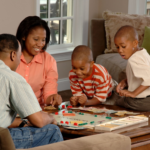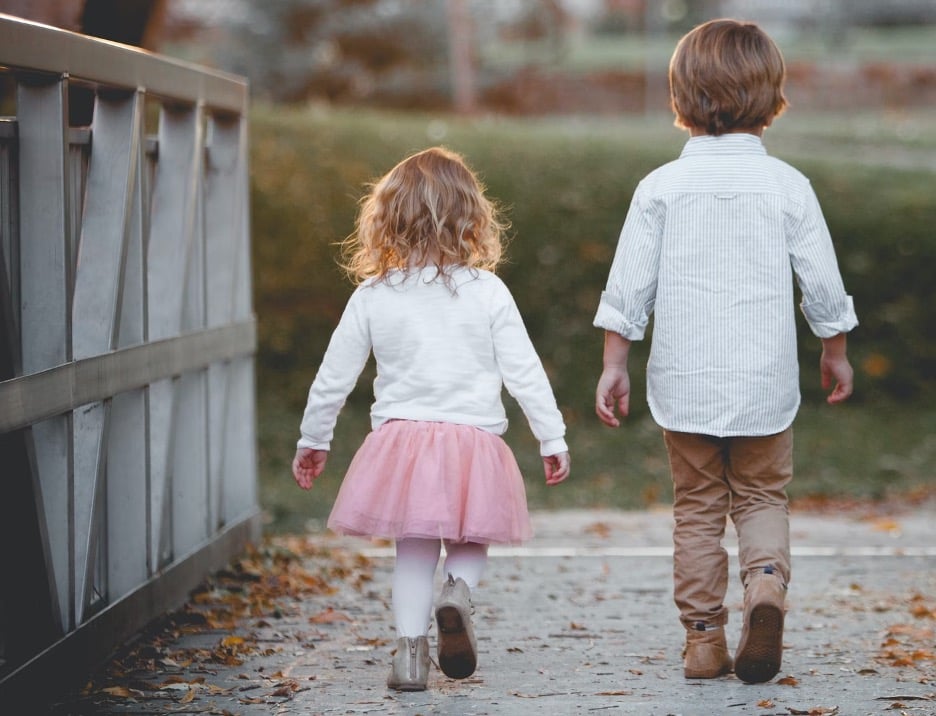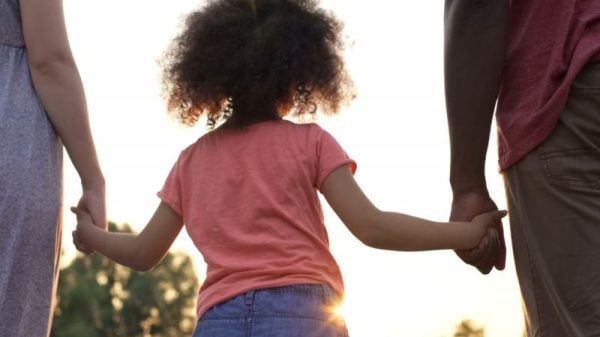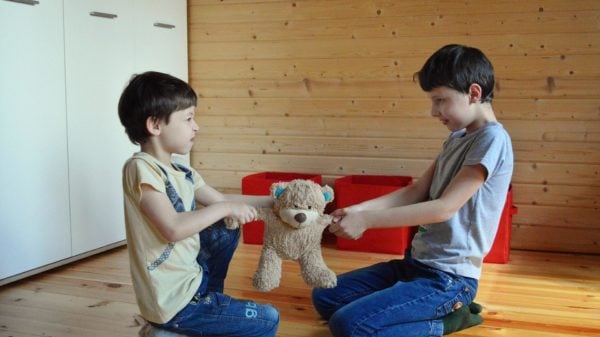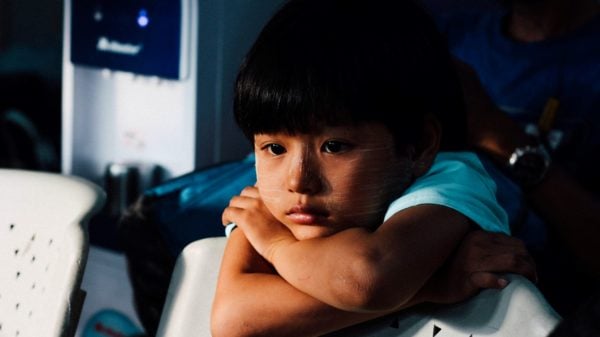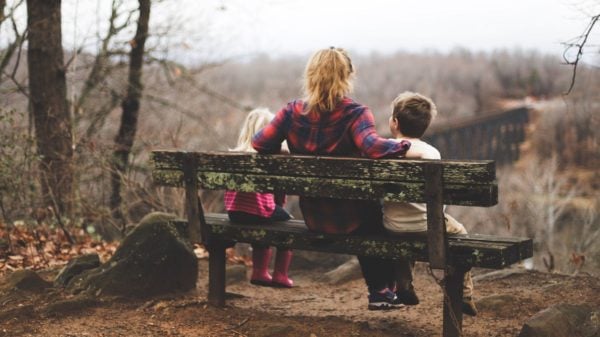Gender discrimination describes how people are treated differently simply because they are male or female, rather than based on their skills or capabilities. It usually begins at home, where parents discriminate among their sons and daughters in ways that leave long-lasting effects.
Gender equality is a basic human right that is violated regularly. It is a prevalent problem in most developing and even developed nations worldwide. It limits the lifelong potentials of children and is the cause of many more issues.
Research has shown that in households in developed and developing nations, the gender of a child affects a parent’s decision of how much they are willing to invest in their child’s education, upbringing and food.
Studies show a higher number of daughters growing in father-less households and in poverty, and also gender-based abortions taking place. This is happening in every nation globally, but the pattern of gender discrimination is more prevalent in developing countries.
Inequality Begins from Childhood
Gender discrimination and inequality begin from early childhood. As soon as children are born, they face unequal expectations regarding their behavior and choices. Children start learning and retaining memories from before they even turn a year old. Babies receive different colored rooms, clothes, and toys based on their genders, which is the earliest sign of gender discrimination they face. Boys and girls also receive unequal resources for opportunities in the home, school, and in communities as a whole.
Underage girls often become the victim of gender discrimination in families that expect them to do home chores and leave education. At the same time, families may encourage boys to get an education and go to school.
This cements in their adolescent minds what their responsibilities are and what interests they should have. It completely shapes the child’s sense of self. Gender differences and inequality found in adults are often due to discrimination being a part of their early life and family environment.
Gender Discrimination and Inequality Effects
The issue of gender discrimination and inequality leads to several problems globally. It leads to gender-based violence, child labor, and inequality in education. Girls, especially in developing nations, are less likely to receive an education than boys.
Child labor is also an effect of gender discrimination in families and households. Social norms dictate what gender should be working in what capacity. For example, girls are very likely to have the responsibility of keeping the household running. Many girls are even pulled out of schools and forced to care for their homes. On the other hand, boys are more likely to work in fields such as construction and factory work.
Importance of Gender Equality
Gender Equality is a basic human right that we should strive to protect. It is a necessity for a society to prosper and be sustainable. Equal opportunities, resources, protections, and rights for every gender will lead to a world where we don’t hold any back, and everyone can play the part they want to!



















